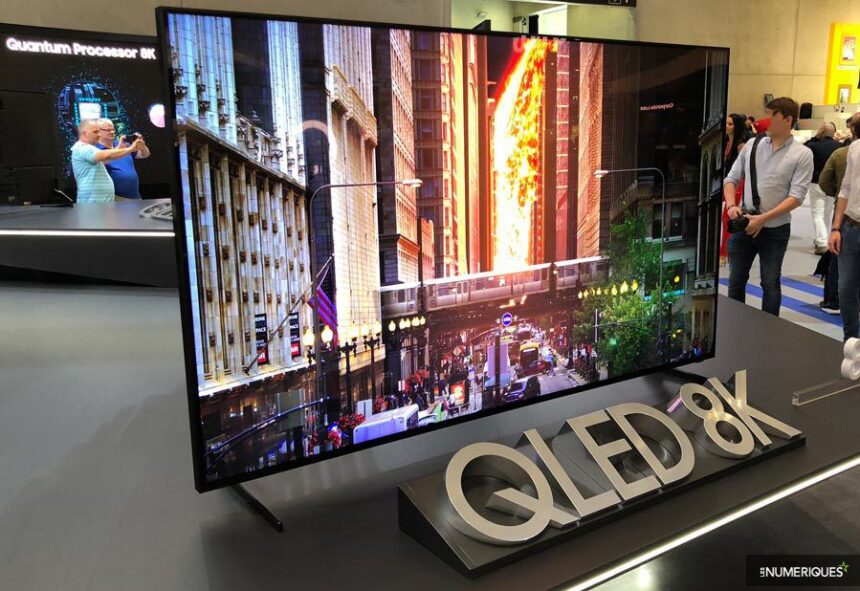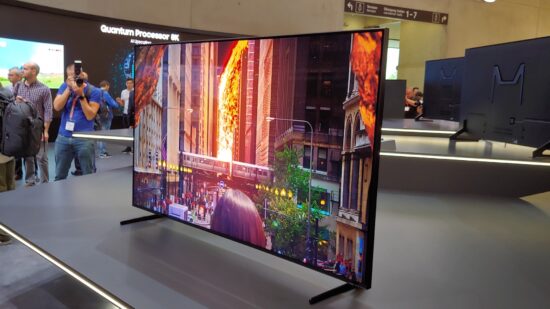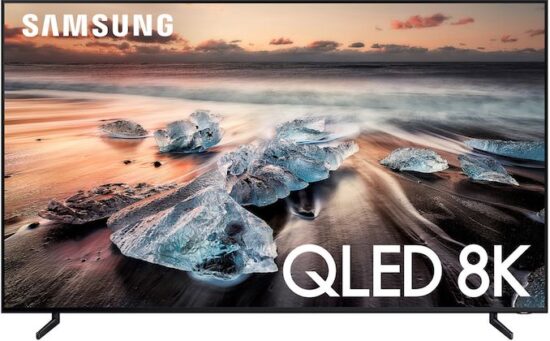The advent of 8K resolution in TVs promised a leap forward in visual fidelity. With four times as many pixels as 4K and a staggering 16 times more than a 1080p TV, 8K theoretically offers unparalleled picture quality. However, the reality is more nuanced, especially considering the current state of 8K content availability.
Here are the key arguments for and against investing in an 8K TV:
The Case Against Buying an 8K TV:
-
Lack of Native 8K Content: Despite years of promises, native 8K content remains scarce. Industry demos and user-generated content dominate the landscape, but mainstream TV shows and movies are still predominantly in lower resolutions. The lack of content that can unlock the full potential of 8K screens hampers its adoption.
-
High Prices: 8K TVs come with notably higher price tags compared to equivalent 4K models. While prices have decreased over time, the initial cost remains a barrier for many consumers.
The Case for 8K:
-
Upscaling and Improved Picture Quality: Samsung, for instance, has focused on upscaling technology to enhance existing content on 8K TVs. While native 8K content is limited, clever AI-based upscaling can make lower-resolution content look better. The benefits of 8K resolution become more apparent when watching native 8K content up close.
-
Future-Proofing: Investing in 8K now ensures compatibility with upcoming content. As more broadcasters and streaming platforms adopt 8K, having a compatible TV will be advantageous.
-
Detail and Clarity: The detail and clarity of 8K screens are impressive. However, some viewers may need time to adjust to the heightened definition, which can initially feel uncanny.
In summary, while 8K TVs offer undeniable benefits, including improved picture quality and future-proofing, the lack of native content and higher prices remain significant considerations. As the industry evolves and content catches up, the value proposition of 8K may become more compelling. For now, it’s essential to weigh the pros and cons based on individual preferences and priorities.
Remember, the decision ultimately depends on your viewing habits, budget, and willingness to embrace the latest technology.











